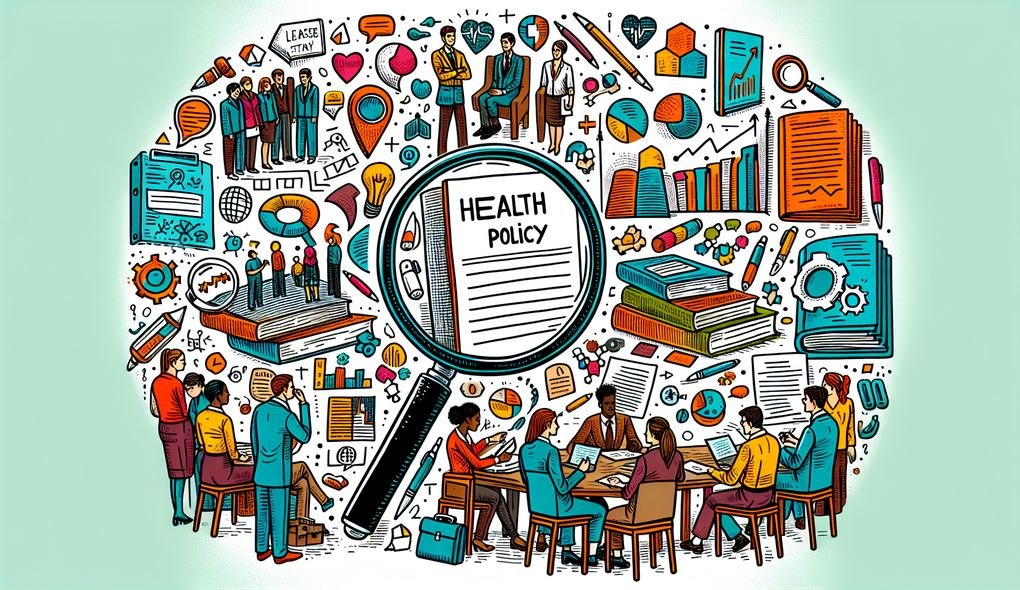How do you prioritize tasks when working on multiple projects simultaneously?
JUNIOR LEVEL

Sample answer to the question:
When working on multiple projects simultaneously, I prioritize tasks based on their deadlines and level of importance. I create a to-do list and allocate specific time slots for each task. I also consider the dependencies between tasks and prioritize those that need to be completed before others can be started. For example, if one project requires input or approval from a stakeholder, I prioritize tasks related to that project to ensure timely communication. Additionally, I make sure to communicate with team members and stakeholders to understand their priorities and align my tasks accordingly. This helps me stay organized and ensures that all projects are progressing smoothly.
Here is a more solid answer:
When working on multiple projects simultaneously, my approach to task prioritization involves considering various factors. Firstly, I assess the deadlines and importance of each task. I create a detailed schedule or use a project management tool, allocating specific time slots for each task. I also take into account the dependencies between tasks and prioritize those that need to be completed before others can be started. For example, if one project requires input or approval from a stakeholder, I prioritize tasks related to that project to ensure timely communication. Additionally, I regularly communicate with team members and stakeholders to understand their priorities and align my tasks accordingly. This helps me stay organized and ensures that all projects are progressing smoothly. Furthermore, I make sure to align my tasks with the broader organizational goals. By having a clear understanding of the goals and objectives of each project, I am able to prioritize tasks that contribute directly to those goals. This ensures that my work is aligned with the strategic direction of the organization and helps achieve desired outcomes.
Why is this a more solid answer?
The solid answer provides more specific details on how the candidate prioritizes tasks, such as creating a detailed schedule or using a project management tool. It also mentions how the candidate aligns their tasks with the broader organizational goals, which is important for a Health Policy Analyst role. However, the answer can still be improved by providing specific examples of how the candidate has successfully prioritized tasks in the past.
An example of a exceptional answer:
When working on multiple projects simultaneously, I have developed a comprehensive approach to task prioritization that ensures efficiency and effectiveness. Firstly, I start by analyzing each project's objectives, deliverables, and deadlines, considering the broader organizational goals. This helps me gain a clear understanding of the relative importance and urgency of each task. Then, I create a detailed project plan with specific milestones and deadlines for each task. I also use a project management tool to track progress and identify any potential bottlenecks or delays. Additionally, I regularly communicate with stakeholders and team members to gather input and identify any emerging priorities or changes in project requirements. This allows me to adapt and adjust my task prioritization as needed. Furthermore, I proactively assess the dependencies between tasks and address any potential conflicts or resource constraints. For example, if two tasks have conflicting deadlines, I collaborate with team members to find solutions, such as adjusting timelines or reallocating resources. This collaborative approach not only ensures smooth task prioritization but also promotes teamwork and enhances overall project success. Overall, my proven ability to prioritize tasks efficiently and effectively has helped me successfully manage multiple projects and deliver high-quality results.
Why is this an exceptional answer?
The exceptional answer provides a more comprehensive and detailed approach to task prioritization, including analyzing project objectives and creating a detailed project plan with milestones and deadlines. It also emphasizes the candidate's ability to proactively address conflicts and collaborate with team members. The answer demonstrates the candidate's experience and skills in task prioritization, making it an exceptional answer for the Health Policy Analyst role. However, the answer can still be improved by providing specific examples of how the candidate has successfully used this approach in past projects.
How to prepare for this question:
- Familiarize yourself with project management tools and techniques, such as creating Gantt charts or using software like Asana or Trello, as these can help you effectively manage and prioritize tasks.
- Practice analyzing project objectives and identifying dependencies between tasks. This will help you develop a clear understanding of how to prioritize tasks based on their impact on the overall project.
- Reflect on your past experiences of working on multiple projects simultaneously and think of specific examples where you successfully prioritized tasks. This will allow you to provide concrete examples during the interview.
- Improve your communication skills by practicing active listening and adapting your communication style to different stakeholders. Effective communication is crucial for understanding priorities and aligning tasks accordingly.
What are interviewers evaluating with this question?
- Time management
- Organizational skills
- Communication
- Prioritization

